DNVN – In order to share and discuss technical solutions to support the development of smart city models, on October 24, in Can Tho city, a workshop was held on “Technology orientation for the Mekong Delta to adapt to climate change and the need for smart city governance”.
Mr. Vu Anh Tuan - Digital transformation expert GIZ (Ministry of Planning and Investment).
The workshop was organized by the Can Tho City Union of Friendship Organizations in collaboration with Can Tho University, the Vietnam-Germany Friendship Association, and the Friedrich Naunman Foundation (FNF/Germany), to provide an in-depth look at the technical aspects of building and managing smart cities. Thereby, creating a breakthrough development for the city in the digital age.
The workshop is a component of the grant for activities to promote smart urban climate change response in Can Tho city in 2024 sponsored by FNF.
Speaking at the opening of the workshop, Ms. Le Thuy Ngoc Lan - Vice President of the Union of Friendship Organizations of Can Tho City said that the implementation of smart city construction is a common trend in countries around the world as well as in Vietnam. On August 1, 2018, the Prime Minister issued Decision 950/QD-TTg approving the Project on sustainable smart urban development in Vietnam for the period 2018-2025, with a vision to 2030.
In the direction of Can Tho city developing into a smart city, the Politburo issued Resolution 59-NQ/TW on building and developing Can Tho city until 2030, with a vision to 2045. The National Assembly also issued Resolution 45 on piloting a number of specific mechanisms and policies for the development of Can Tho city. "This is an important premise for Can Tho city to develop into a smart city and successfully implement digital transformation," Ms. Lan emphasized.
Regarding the construction of smart cities, Mr. Vu Tuan Anh - Digital transformation expert GIZ (Ministry of Planning and Investment) said that smart cities are open platforms connecting government units/organizations/enterprises to create technology-based values for people according to the principles of sustainability, green, clean, circular, inclusive, fair, transparent...
According to Mr. Vu Tuan Anh, smart city development needs to be based on important pillars: smart citizens, smart homes, smart government, smart infrastructure and green, clean and sustainable energy.
Presenting the paper “Smart Traffic - Reducing personal vehicles to improve air environment”, Associate Professor, Dr. Nguyen Vo Chau Ngan - Can Tho University said that the downside of the urbanization process is the problem of environmental pollution, including emissions from motorbikes and scooters (collectively called motorbikes).
Through a survey of 100 people using motorbikes in central districts of Can Tho city, nearly 40% intend to switch from gasoline vehicles to electric vehicles, 62% want to use public transport instead of personal vehicles to reduce environmental pollution, travel safely, and save costs.
Speakers and scientists share and discuss technical solutions to support smart city models.
To reduce environmental pollution caused by motorbikes and attract people to use public transport, Mr. Ngan suggested that it is necessary to issue standards and regulations, create conditions for people to use green vehicles, and plan public transport combined with modernizing infrastructure such as parking lots, walkways, and stops.
At the same time, reduce personal vehicles and encourage the use of public transport. In addition, there are policies to support money, or reduce taxes and fees for people to switch from gasoline vehicles to electric motorbikes, and offer incentives on parking fees and tolls for electric motorbikes. Promote propaganda to change the habit of using gasoline motorbikes, switching to green vehicles to reduce environmental pollution.
Regarding the issue of urban transportation, Associate Professor, Dr. Nguyen Chi Ngon - Can Tho University said that there are currently about 100 thousand students studying at universities in Can Tho, so planning and developing the public transportation system plays an essential role. To meet the travel needs of students, it is necessary to study and build 4 electric bus routes with a total length of more than 60 km to connect student accommodation with universities in a reasonable way, ensuring that more than 82% of the city's students can be transported.
“If this can be done, electric buses will reduce about 663 tons of CO2 per year compared to diesel buses, thereby bringing great benefits to air quality and public health,” Associate Professor, Dr. Ngon informed.
Hoa Minh
Source: https://doanhnghiepvn.vn/cong-nghe/can-tho-ban-giai-phap-xay-dung-thanh-pho-thong-minh/20241025074305487


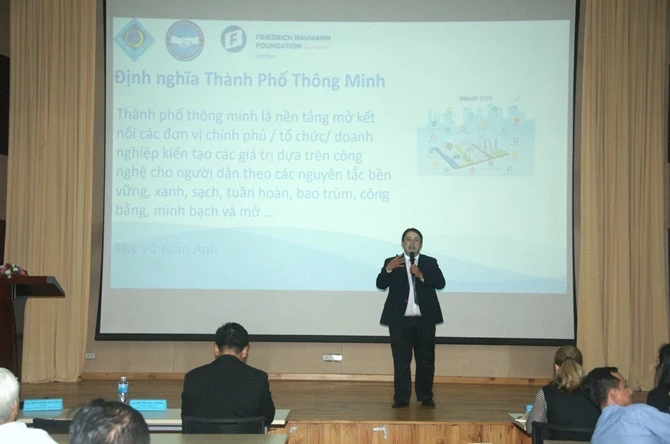
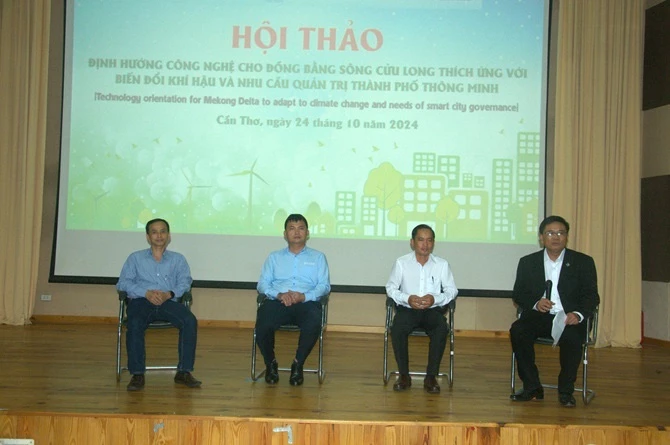

![[Photo] Binh Thuan organizes many special festivals on the occasion of April 30 and May 1](https://vphoto.vietnam.vn/thumb/1200x675/vietnam/resource/IMAGE/2025/5/1/5180af1d979642468ef6a3a9755d8d51)

![[Photo] "Lovely" moments on the 30/4 holiday](https://vphoto.vietnam.vn/thumb/1200x675/vietnam/resource/IMAGE/2025/5/1/26d5d698f36b498287397db9e2f9d16c)

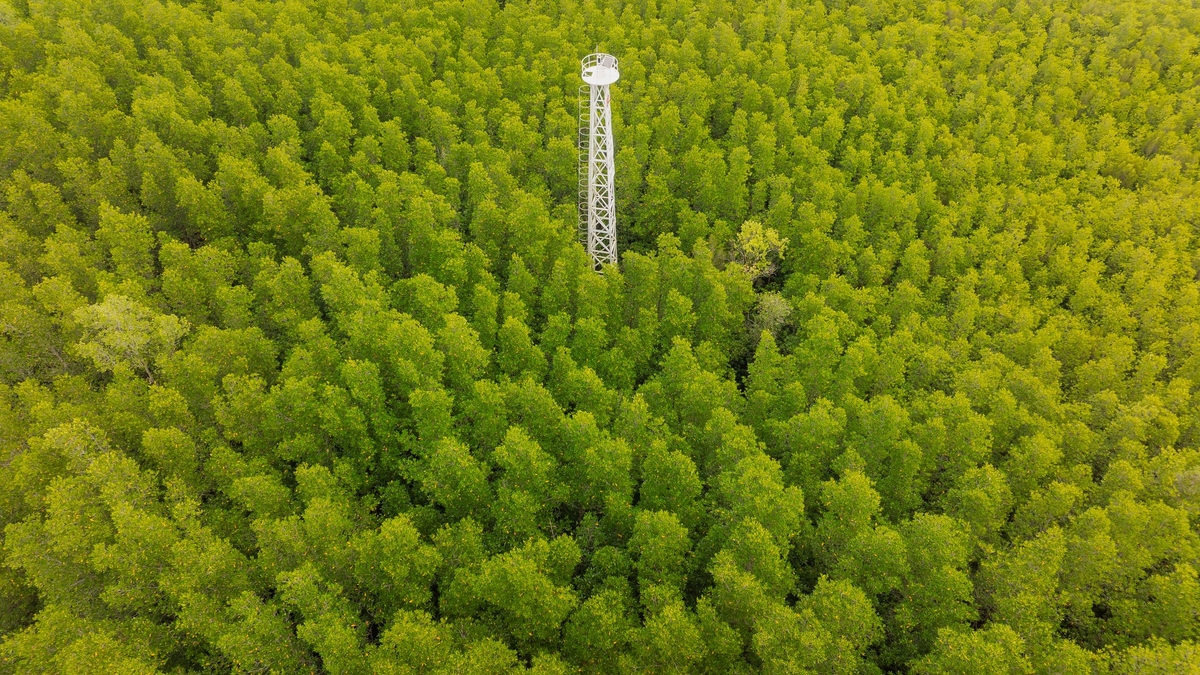
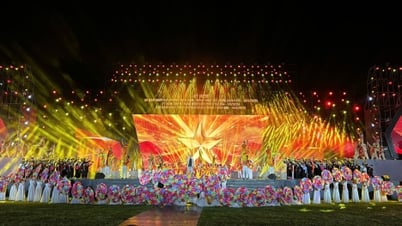



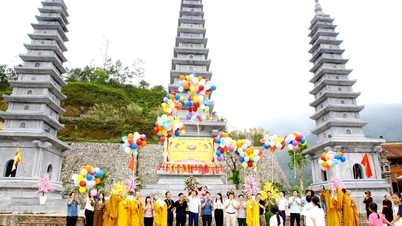

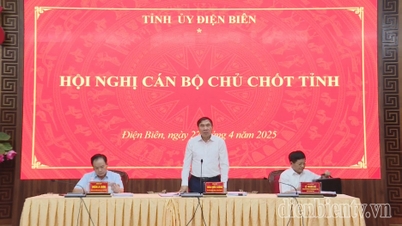
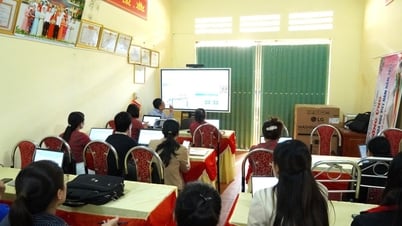


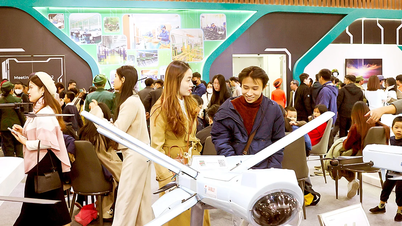
![[Video] The role of intellectuals in effectively implementing Resolution 57-NQ/TW](https://vphoto.vietnam.vn/thumb/402x226/vietnam/resource/IMAGE/2025/5/2/9b2b1a73840f43848d14cbdcc88426a5)


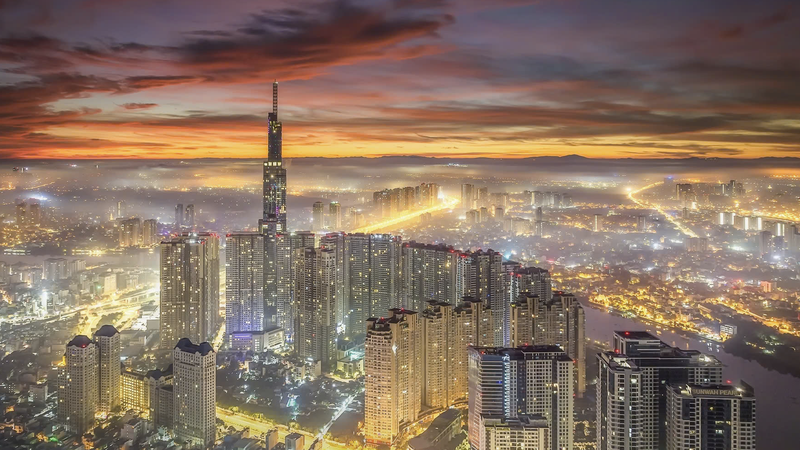





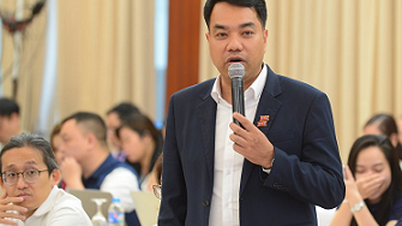
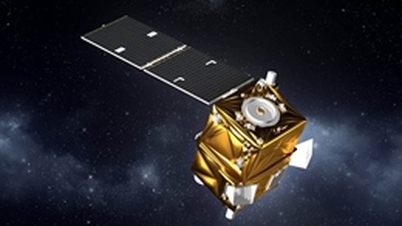

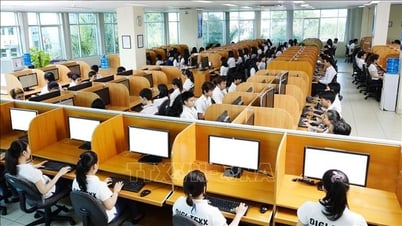

![[Photo] Ha Giang: Many key projects under construction during the holiday season](https://vphoto.vietnam.vn/thumb/1200x675/vietnam/resource/IMAGE/2025/5/1/8b8d87a9bd9b4d279bf5c1f71c030dec)

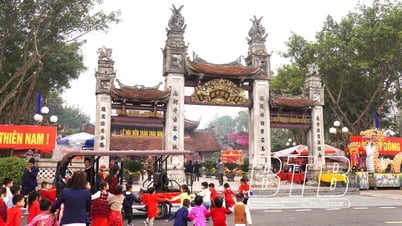
















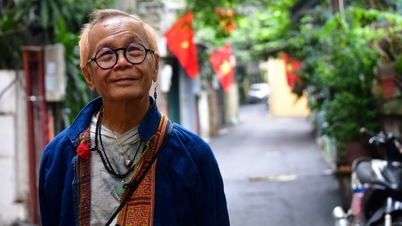















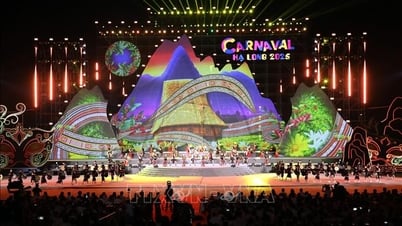
































Comment (0)